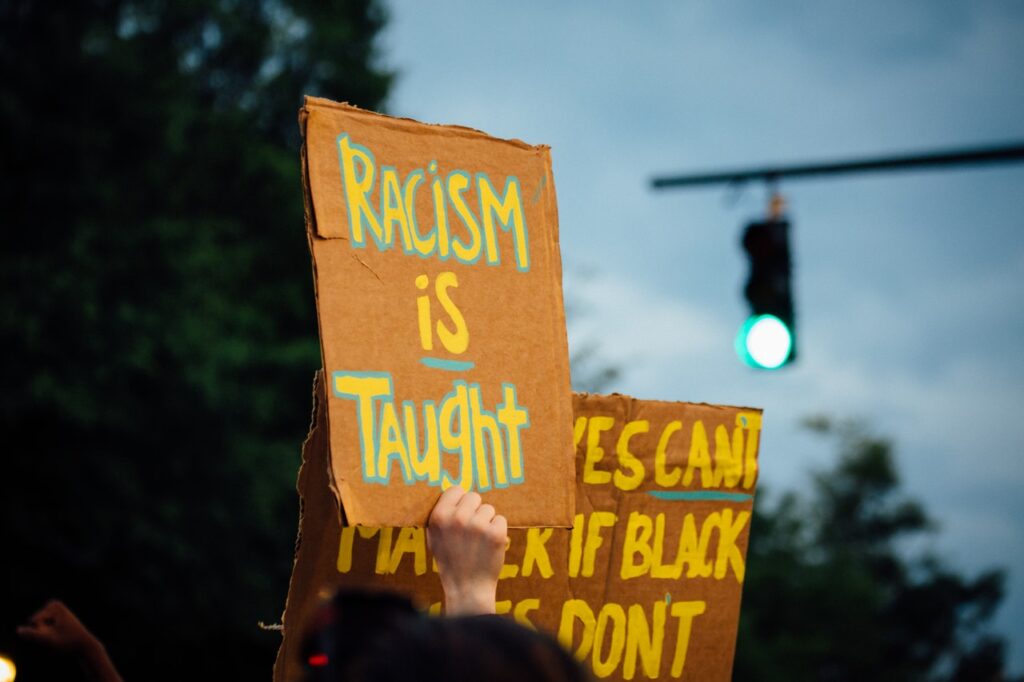Racism tends to be enabled to unwittingly perpetuate inequitable outcomes across different domains, including education, workplace, housing, healthcare, and criminal justice for racial minorities. However, democracy is based on egalitarian principles and equal representation. Racism and discrimination limit the ability of racial minorities to actively participate in social life events which were one of the main reasons for the Civil Rights movement back in the 1960s.
Racism, even in its less overt form, continues to affect racial minorities through such structures that unfairly perpetuate injustices that are to a more considerable extent represent the legacies of historical racist structures and systems. The racist issues are inherent in the capitalist system and, therefore, not easy to alleviate. White power makes the laws and enforces those laws at the hands of white racist policemen (Bhattacharyya et al., 2016). And the struggle is mainly purposed to provide freedom from all aspects to people, for it is their fundamental human right to have equal access to everything being an equal citizen.
This struggle of racism is international. Racial prejudice has sown the seeds of hate and discord among people, mainly responsible for all the discrimination. Indeed, racism is far from being eliminated in many societies. Racism can be socially and economically costly as minorities experience systemic exclusion and discrimination. Moreover, racism raises fundamental ethical questions in those societies that consider democracy and freedom as their central tenets.
Racism reflects as an injustice in society that causes harm to racial minorities. The three fundamental ethical reasons for racism – disrespect, unfairness, and harm – have been proposed as the core flaws. Racism can be seen as disregarding racial minorities in the unfairness paradigm. This indicates the ethical deficiency in the failure of individual citizens and society to consider the conditions of racial minorities. Racism being an ethical dilemma is corroborated by the racism dating back to the works of several social and civil rights activists. Hence from this viewpoint, society would probably be shrinking its obligation towards its minority citizens (Eidelson, 2015).
It is needed to have a shared vision to establish humanistic societies in those now existing. It is the fundamental right of each individual to retain their cultural sovereignty instead of being forced to follow others who impose their own cultures to dominate their civilizations. Most oppressed people thought that the best way to alleviate the oppression would be to integrate into society. Our motive should be to struggle to overthrow the system that feeds itself and expand through the economic and cultural exploitation of non-white, non-Western peoples. It is required to change the world’s power bases in such a form where humanity will share their nation’s resources.
References
Bhattacharyya, G., Gabriel, J., and Small, S. (2016). Race and power: Global racism in the twenty first century. London: Routledge.
Eidelson, B. (2015). Discrimination and disrespect. Oxford: Oxford University Press.

